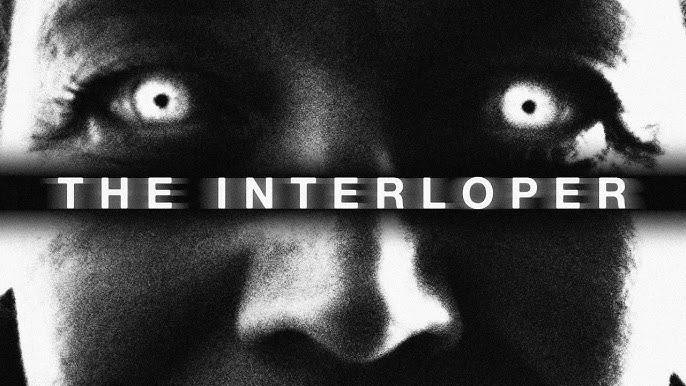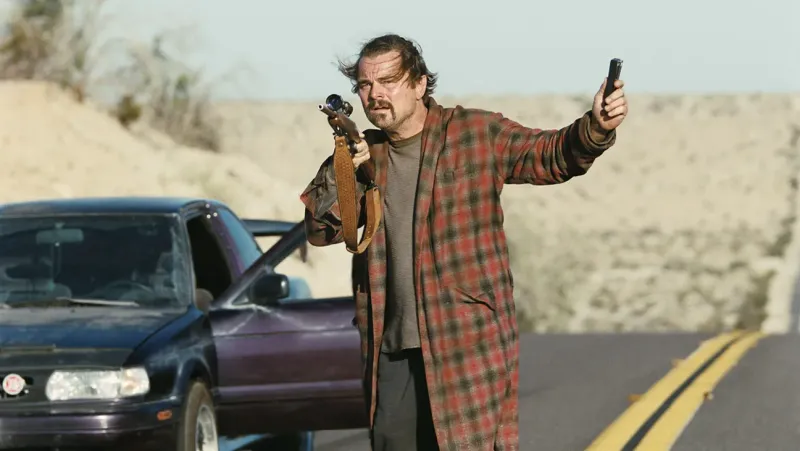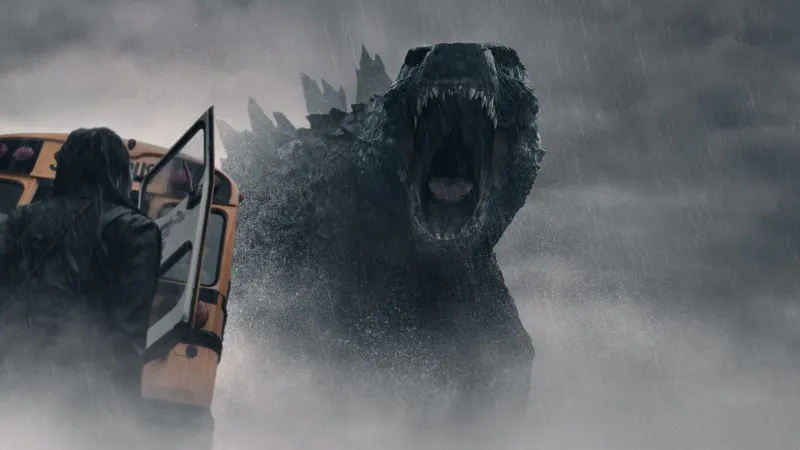The jungle of Pandora isn’t just a place. It breathes, it listens, and it remembers. To the untrained eye, “Avatar – Expedition Pandora: Episode 8” might appear like another chapter in a long-running cinematic or narrative saga. But to those who have followed the rhythm of this world — to those who’ve felt the heartbeat of Eywa under their skin — it is something more. It’s a meditation on connection, kinship, and what it truly means to belong.
James Cameron’s universe has never simply been about visuals, though its aesthetic grandeur is undeniable. The floating Hallelujah Mountains, the phosphorescent canopy, and the luminous tendrils of sacred trees are compelling — but only because they are grounded in something deeply human. Episode 8 of Expedition Pandora doesn’t try to outdo itself in spectacle. Instead, it slows down, allowing us to sit with the Na’vi, not as observers but as participants. This shift isn’t just narrative — it’s philosophical. Because the more you observe the Na’vi, the more you begin to question your patterns, your ruptures with the world around you.

Related article - Uphorial Podcast
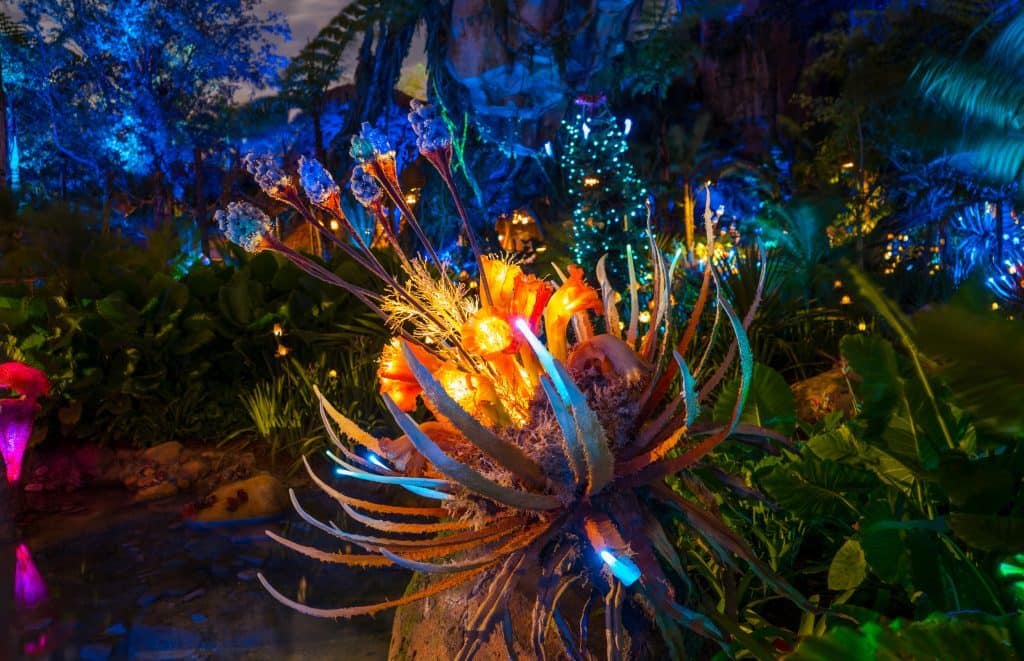
These are people who do not rule nature but move with it. Their alliances with flora and fauna are not conveniences — they are sacred covenants. In Episode 8, this is evident in every gesture. A child whispering to a direhorse. A warrior pausing to breathe before stepping into a sacred grove. These moments are not filler; they’re the spine of the story. They are reminders of how far humanity has drifted from its origins. Yet the brilliance of the Avatar franchise, and particularly this expedition, lies in how it avoids nostalgia. It does not pretend there was ever a golden age. Instead, it asks: What would it take to start again, not from scratch, but from humility?
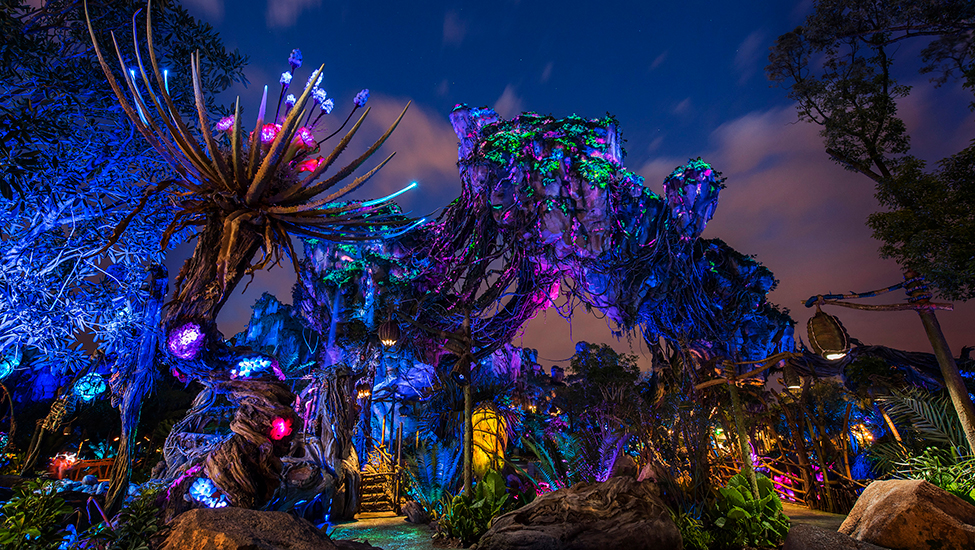
In the real world, indigenous communities have long held knowledge systems that mirror the Na’vi ethos — from the Yoruba reverence for Oshun’s rivers to the Māori concept of whakapapa, the genealogical thread connecting all life. Episode 8 becomes a mirror reflecting not just Pandora, but Earth. It suggests that perhaps the key to our survival is not more control, but more surrender. Not more conquest, but deeper listening. That’s where the phrase — these vital kinships help to preserve the delicate balance between Na’vi and nature — transcends exposition. It becomes a thesis. Kinship, here, is not just relational. It’s existential. To know another being, to share breath with it, is to understand your place in the cosmic weave. When the Na’vi say I see you, they are not acknowledging your physical form. They are bearing witness to your spirit. That’s a level of recognition our modern world has largely forgotten.
In many ways, this episode is less about action and more about accountability. It raises uncomfortable questions: What do we call progress? Why do we measure success in extraction, speed, and profit? And what might it look like if we redesigned our cities, our schools, and our systems based on reciprocity, not dominance? There’s a moment in the episode when a character places their palm on the trunk of an ancient tree, whispering an apology. It’s subtle. No fanfare, no swelling music. But it lands like a stone in the gut. Because it’s not just about the character — it’s about us. The viewer. The species. The ones who forgot how to say sorry.
Expedition Pandora: Episode 8 is not a perfect episode. But perfection was never the point. It offers a pulse, a rhythm, a question: Can we find our way back to kinship? And if not with blue-skinned beings on a distant moon, then at least with the trees outside our window, the rivers we’ve dammed, the animals we’ve caged, and the parts of ourselves we’ve ignored. Because maybe the future of storytelling isn’t about inventing new worlds. Maybe it’s about helping us finally see the one we’ve already broken — and how to begin the long, sacred work of mending.
